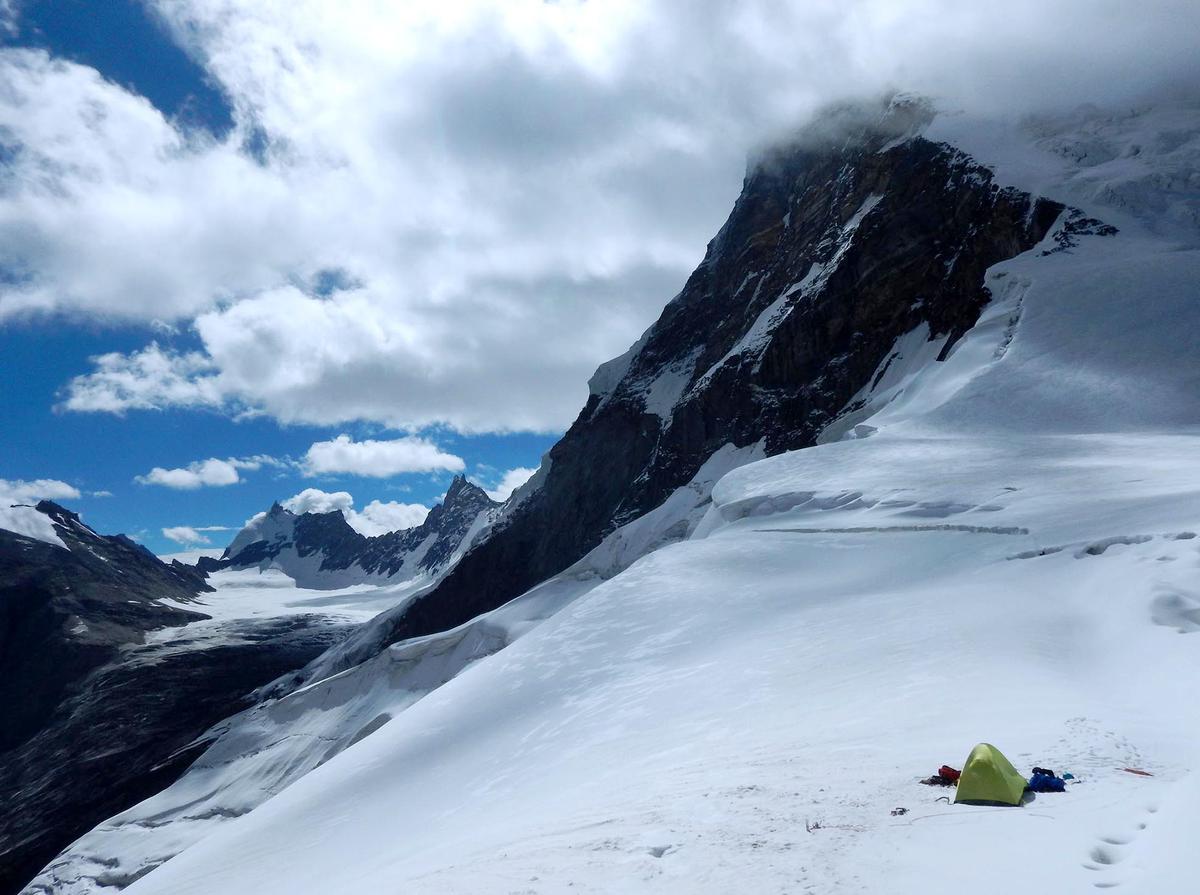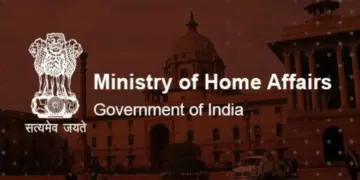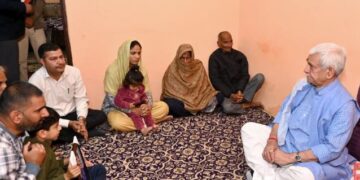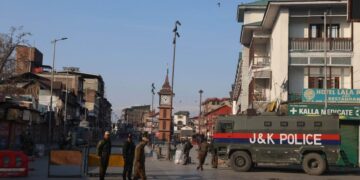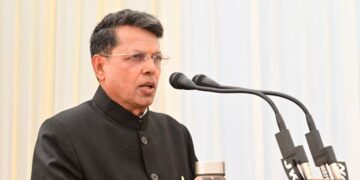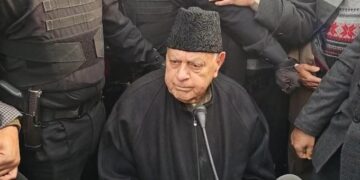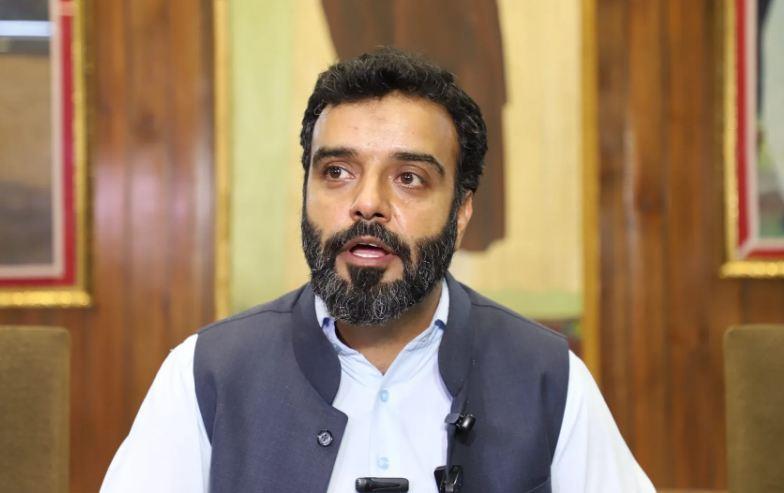Srinagar: Call it an impact of global warming and related climate change, the melting of glaciers has gained pace in Kashmir Himalayas with experts warning that J&K has lost nearly 30 percent of its glacial mass in the past 60 years.
They also warned that the remaining 70 percent of them will recede by the end of this century if the melt continues at the current pace.
Experts say that becoming carbon neutral is the only solution to preserve glaciers.
“There are 18,000 glaciers in Jammu, Kashmir and Ladakh, but all of them are melting. The glaciers are melting in the entire Himalayan region including J&K. In the past couple of years, the melting of glaciers has increased. The record melting of glaciers was witnessed last year and this year it was comparatively less than the previous year’s,” noted earth scientist and glaciologist Prof. Shakil Romshoo, who is also the Vice Chancellor of Islamic University of Science and Technology (IUST), was quoted as saying by the news agency KNO.
He said the record melting of glaciers is the outcome of less snowfall in winters, and relatively warmer February and March months. “The melting of snowfall has increased as the temperature remains usually high in February, March and the heat wave starts in April,” he said.
“It would be difficult to quantify the exact loss of glaciers as the glaciers are melting at different paces, but as per the research, we have lost 25-30 percent of glaciers in the last 60 years. If it continues to melt at a similar pace, we will be losing 70 percent of the glaciers by the end of this century as the melting of glaciers has increased significantly,” he said
He further added that “we are losing 18-20 meters of a glacier every year.”
Another expert, Dr Irfan Rashid, who works as Assistant Professor at the Department of Earth Sciences in University of Kashmir, cited a research to say that Kashmir’s biggest glacier — Kolahoi glacier — has melted around 25 percent since 1960’s.
“From 1962-2022, it has lost around 25 percent of mass to melting. It has been receding 35 meters every year,” he said.
The other glaciers of J&K and Ladakh are also melting fast, he said, adding that as the average temperatures are increasing, it will be difficult to stop the glacial melt.
“Until and unless we become carbon neutral, nobody can stop the melting of glaciers. Carbon emissions are increasing and it is the biggest factor responsible for global warming. It will need really drastic measures to limit and subsequently stop carbon emissions if the idea is to fight global warming and stop extraordinary and premature melting of glaciers,” he said. (With inputs from KNO)

